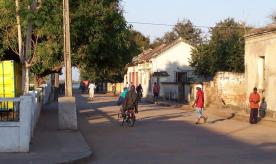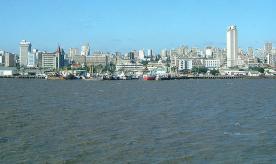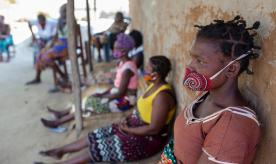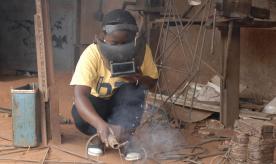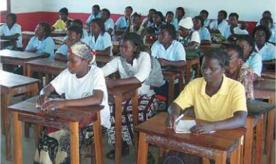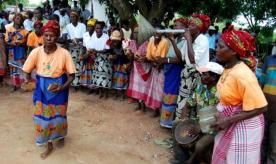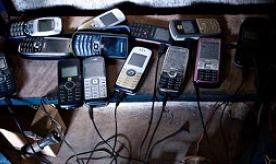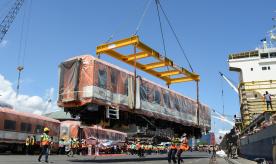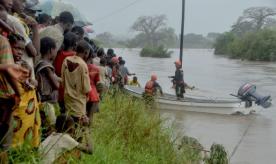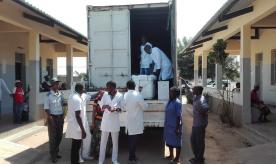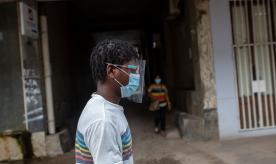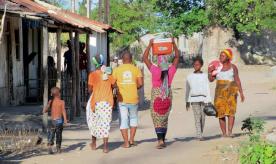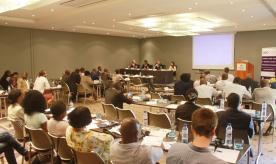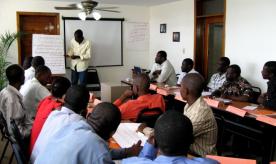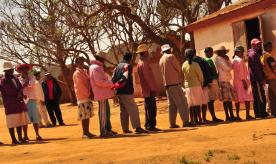
Pedro Vicente
- Professor of Economics
- Nova School of Business and Economics
Roles
IGC Staff
Country advisors
Lead academics
Research affiliates
Researchers
Pedro C. Vicente is a Full Professor of Economics at Nova School of Business and Economics (Nova SBE), where he is also the founding scientific director of the knowledge center NOVAFRICA. He is also the Lead Academic for the IGC-Mozambique programme. Pedro specializes in development economics and Africa, with a focus on political economy issues. Previously to Nova SBE, Pedro was a professor and researcher at the University of Oxford and Trinity College Dublin. He was also a visiting professor at the University of Notre Dame and a consultant to the World Bank. Pedro Vicente has published in leading economics journals such as the American Economic Review, the Review of Economics and Statistics, the Economic Journal, the Journal of Development Economics, and the Journal of Public Economics. His research has entailed substantial fieldwork efforts in African countries including Mozambique, Nigeria, Guinea-Bissau, Angola, Cape Verde, and São Tomé and Príncipe, as well as funding by national and international agencies such as FCDO, USAID, 3IE, IZA, and FCT. Pedro has a PhD in economics from the University of Chicago


